My father-in-law, Wolfgang Marc Schatzberger, who has died aged 94, was evacuated as a child from Austria to the UK through the Kindertransport programme, which rescued thousands of children from across Europe as the second world war approached.
He was born in Vienna into an assimilated middle-class Polish/Jewish family. Following the Anschluss in March 1938 and Kristallnacht that October, his parents hurriedly secured for him a place on a train to London Liverpool Street: by May 1939 they were waving him goodbye with a white handkerchief (an old family tradition), as he departed the Westbahnhof in Vienna.
After a few months in a hostel in Margate, Kent, Wolfi joined his cousins in Liverpool, then went on to Manchester. His parents, Maximilian, the manager of a transport company, and Ida (nee Lewinter), a fine pianist, were scheduled to follow him on 15 September but, forced into hiding by the outbreak of war, ultimately reached Auschwitz instead, in November 1944, aboard one of the last transports from the Theresienstadt concentration camp. They did not survive.
Wolfi was little different from hundreds of other orphaned refugee children from Nazi Europe; yet he was able to build, from nothing, a distinguished career. After leaving Manchester Central high school for boys, he gained a BSc in electrical engineering at Umist, then joined Metrovicks, eventually becoming a company manager with TAC Construction Engineers in Manchester – and soon embarking on an extensive programme of overseas travel. Discovering that the English found the name Wolfgang difficult, he used Marc outside the family.
On retirement in 1991, he and his wife Rosl moved to York, to an active life there as grandparents, U3A teachers, and committee members. From their village retreat outside the city these avid Guardian readers also resumed their political activism on behalf of the Labour party. They had joined the Austrian Young Communist League in September 1942, but resigned in 1956, in protest against the Soviet invasion of Hungary. Wolfi also took up wood turning and violin making – I’m proud to use one of his instruments myself.
Additionally, he undertook a busy schedule of schools talks for the Holocaust Educational Trust (reaching more than 10,000 young people), and was invited to speak for Austria’s Ministry of Education programme on Jewish persecution. For this prolonged vital work he was awarded the British Empire Medal in the 2020 new year honours – received at home just a few weeks before he died.
He is survived by Rosl (nee Fried) – they had attended the same school in pre-war Vienna, met again in Manchester, and married in 1947 – and by their daughter, Lesley, grandchildren, Tom, Katy, Hannah, Rebecca and Jacob. A son, Paul, and granddaughter, Jessica, predeceased him.
In subscribing only to the cultural traditions of his heritage (the final paragraph of his memoirs – completed last October – is an assertive declaration of his lifelong atheism), he became the archetypal caring Jewish patriarch: one of his grandchildren described him as “a model European citizen with an impeccable moral compass: I could hope for nothing better than to emulate my Opa’s intelligence, kindness, humour, love and curiosity”.



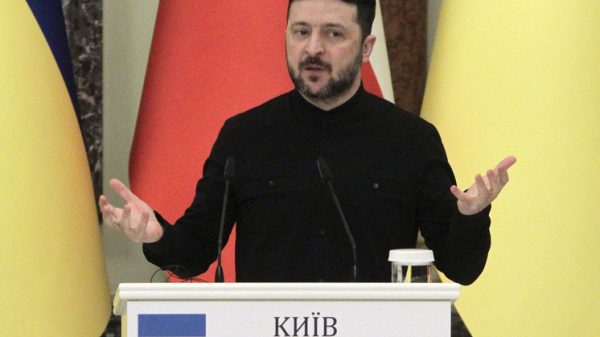
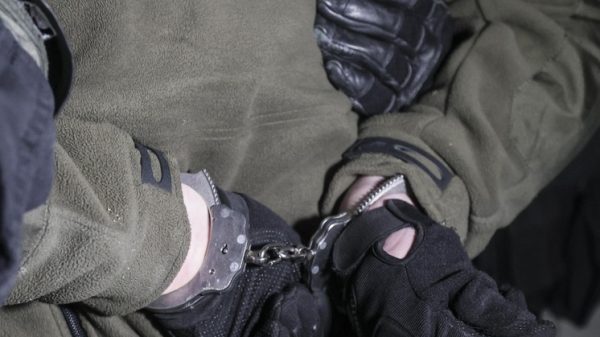


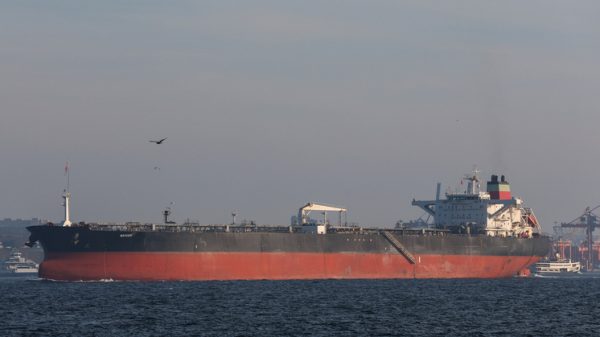
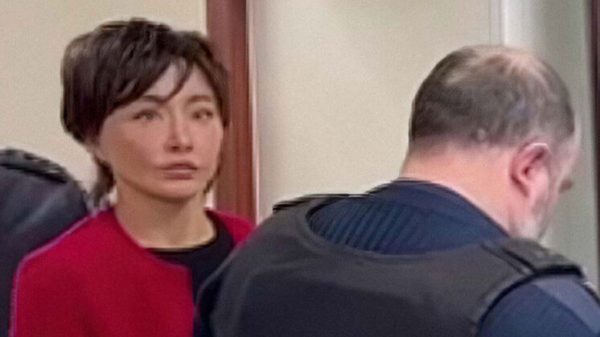


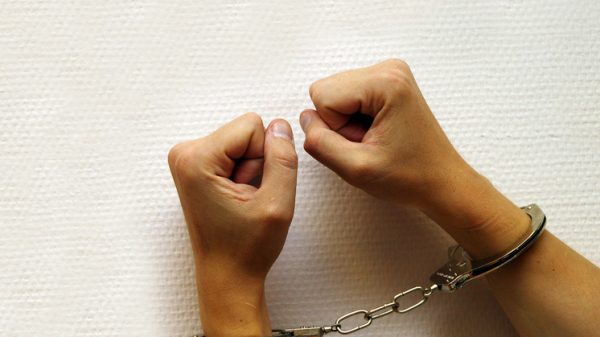
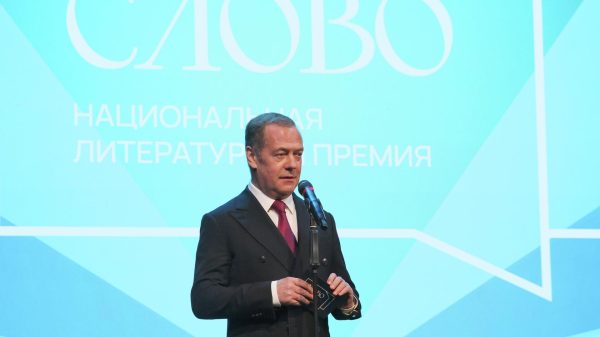
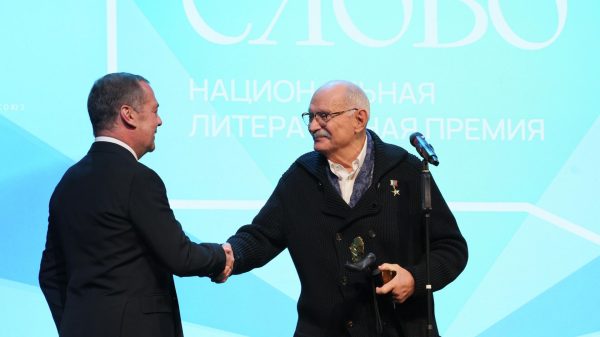
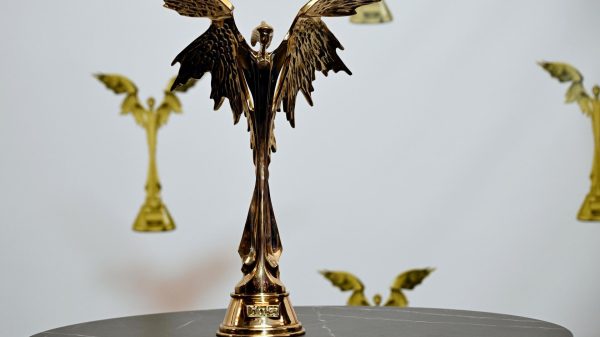
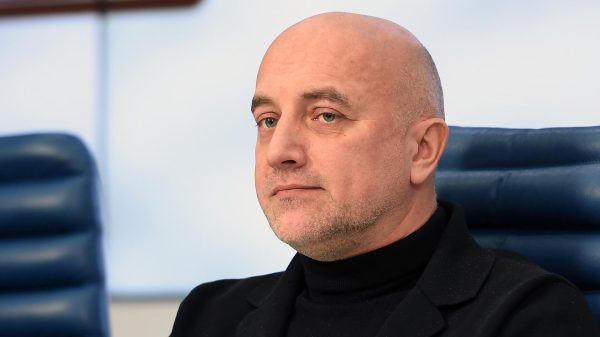
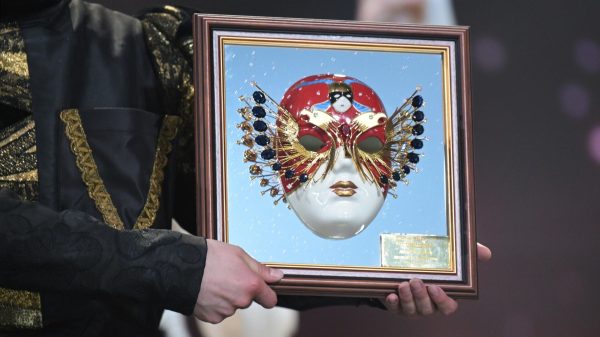












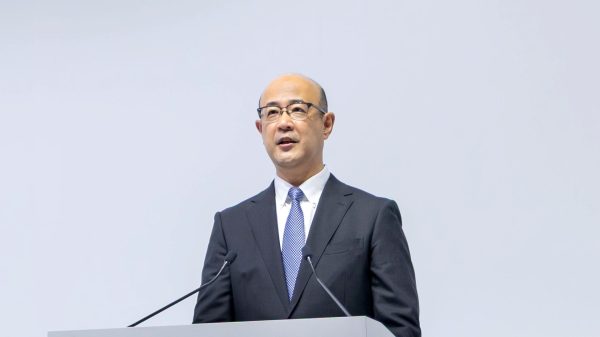



























Свежие комментарии